The Gatekeepers
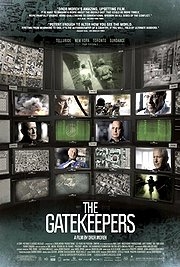
The Gatekeepers isn’t a drama but it certainly viewed like one. Six former heads of the Israeli secret service the Shin Bet, described by director Dror Moreh as “the people with the power to shape history from behind the scenes”, share their insights and experiences of the Occupation during the aftermath of the Six Day War. These six men were at the centre of Israel’s decision-making process in all security-related matters. In short, they were pretty important.
Those without a lot of knowledge of the Six Day War are the controversy surrounding it needn’t worry; there is still a lot for you to be hooked by. The Gatekeepers raises important questions about the use of torture, using violence to stop violence; and dealing with the inevitable deaths of civilians – which the Gatekeepers term “collateral damage”.
Parts of this documentary are tough-going. Bus explosions are laid out in colour photos; the ground and the remains of the vehicle littered with corpses. The dead body of Ayaash, a wanted terrorist the Shin Bet kill by exploding his mobile phone while it was next to his ear, is shown in his coffin, the bottom half of his face crudely stitched back to the rest of his head. They outline torture tactics used purely to dominate and disorientate prisoners: putting sacks over their heads, physically shaking them; handcuffing them in tortuous positions. It is all explained with an unnerving matter-of-fact tone, the details gently coaxed out of them by expert interviewing on Moreh’s part. Rather than expressing regret or sadness, it seems as though each man is trying in earnest to explain or justify their actions.
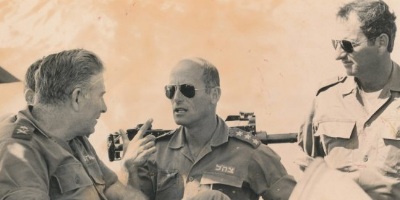
You don’t envy them their decisions in the least. One anecdote revolved around whether or not to drop a bomb onto a two storey building that contained a “Dream Team” of almost every man the Shin Bet were searching for at the time. On top of that, the decision had to be made as to whether said bomb should be a half-ton and result in grave amounts of collateral damage; or a quarter-ton, which wouldn’t cause as many civilian deaths. The extra snag was that they weren’t aware of which floor the wanted men were meeting on. They opted for a quarter-ton bomb to minimise collateral damage, but if the men in question were on the ground floor, they were likely to be unharmed. The bomb was deployed on the second floor. All of the Dream Team escaped the building on foot. Hearing the accounts of this event from two of the six men, you get the sense that they feel they missed a trick. Yes, civilian lives were saved, but on the other hand some of the men who lived are still operational today.
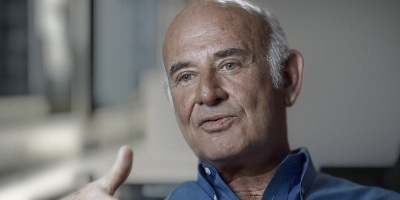
The Gatekeepers is an innovative piece of film-making, coupling the lengthy talking-head aspects with gems of real news footage and accurate computer generated reconstructions. We are never told how Moreh managed to get these six figureheads to agree to sit down and talk at length about their work with the Shin Bet, especially because they are the only six members whose names are known to the general public. Former head Ami Ayalon is a standout interviewee for his enthusiastic and caustic way of telling his stories. It’s evident that he saw the choices he made during his Shin Bet tenure as necessary for the security of the State, even if that meant committing murder to prevent murder.
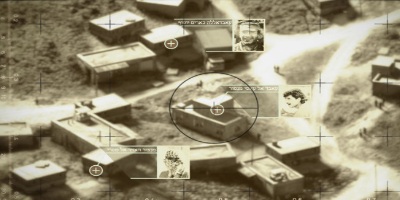
While this film has been hailed by some as the best documentary of last year, there are admittedly more gripping stories out there – The Imposter and Searching for Sugar Man are just two. However, what The Gatekeepers does do well is shed new perspective on the Arab-Israeli conflict. This is much more than a popcorn movie.


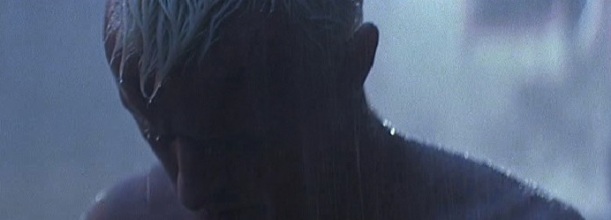
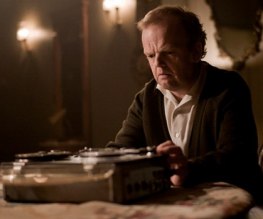

Recent Comments